[ad_1]
Promotion: in keeping with consultants at a panel dialogue hosted by Finnish bioeconomy firm UPM at Central Saint Martins, manufacturers want to remodel their enterprise fashions to be able to attain a fossil-free future.
Dezeen’s editorial director Max Fraser was a part of the panel of judges and sustainability consultants who got here collectively to debate how style and design manufacturers want to remodel and pioneer a internet zero round economic system.
The dialogue, which befell throughout the London Design Pageant, was led by UPM’s vice chairman of sustainability, Martin Ledwon.
It additionally celebrated an exhibition of Central Saint Martin college students’ work, that includes ideas for on a regular basis merchandise to exit fossil-based supplies, which have been knowledgeable by UPM’s bio-based components.
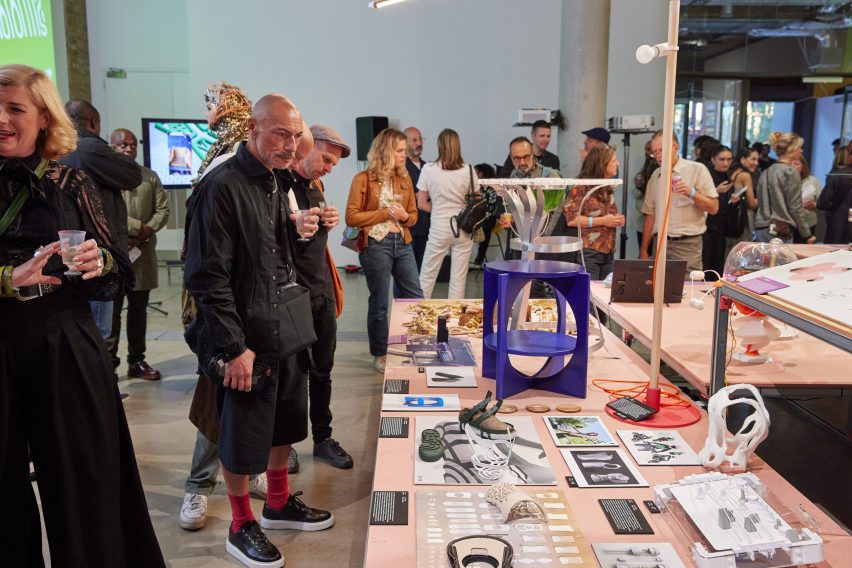
Panellists included artist and campaigner for Cool Earth and Greenpeace, Daniel Lismore; sustainability advisor for British Vogue Council and Earthwatch, Dax Lovegrove; Dezeen’s editorial director, Max Fraser; and designer and design advisor at Central Saint Martins, Jane Penty.
All panellists agreed that whereas incremental adjustments to product methods are encouraging, it is now vital to remodel enterprise fashions to fulfill local weather objectives.
Dax Lovegrove spoke of round initiatives within the style business, corresponding to resale, rental and restore schemes, which some corporations are beginning to undertake.
“I feel by 2030 will probably be mainstream,” mentioned Lovegrove. “Selfridges and Far Fetch and a few others, have dedicated to half of their transactions being circularity associated by 2030.”
“If we will get others to maneuver into that, that is after we begin to dematerialise our economic system and the way in which we do enterprise.”
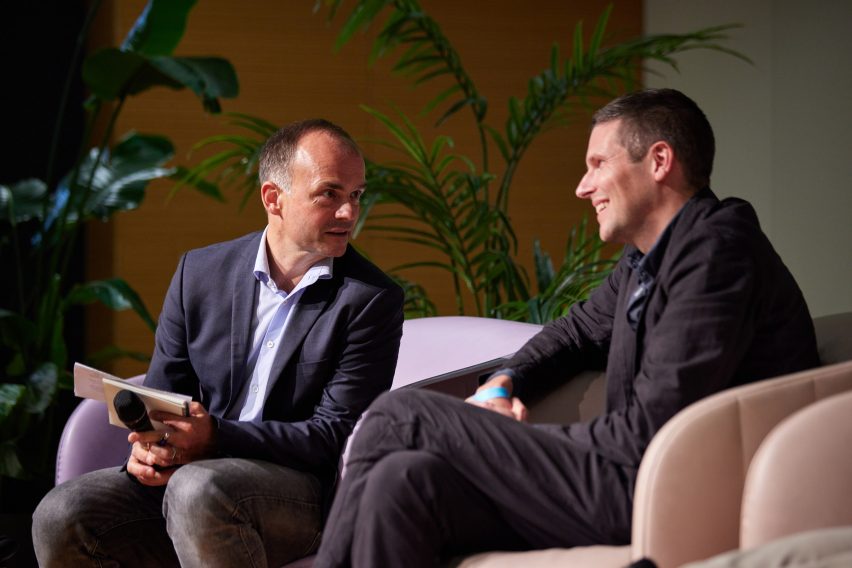
When requested if there was market demand for sustainable merchandise, Daniel Lismore mentioned he believed that corporations might make “thousands and thousands” by adopting round enterprise fashions and embracing renewable and round supplies.
“There’s some huge cash to be comprised of actual sustainability,” he mentioned. “All these corporations are going to get actually caught in the event that they depart it too late to get to internet zero, so they should do it now. There isn’t any time to waste.”
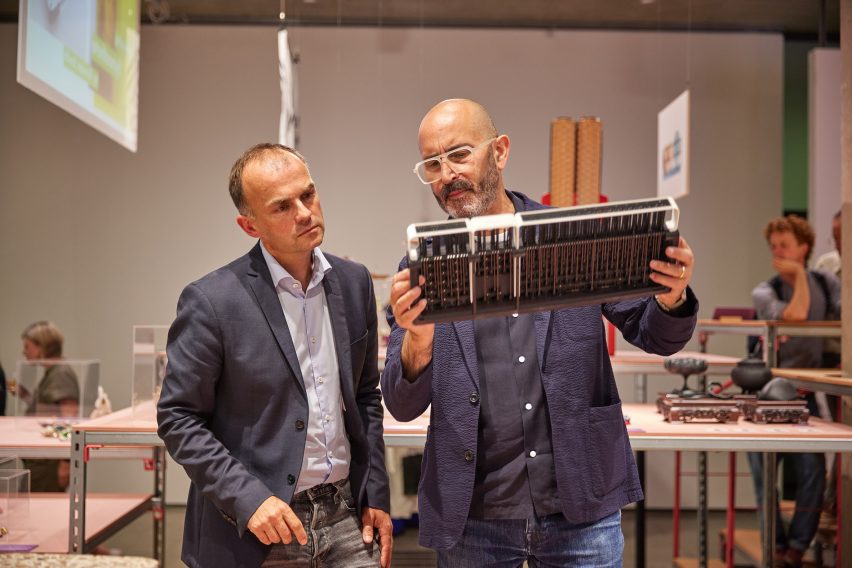
In the meantime, Jane Penty commented: “Analysis doesn’t show or present that sustainability is the primary standards that individuals store for, even when they’ve these values. There’s a large worth to motion hole.”
“As designers, we have now to shut that hole,” she continued. “We want robust leaders in authorities and in administration positions to do the proper factor regardless as a result of we have now to do the proper factor after which folks will purchase the merchandise and have these credentials. As a result of they should not be selecting, there should not be a sustainable and unsustainable selection.”
The panel agreed that business regulation, B Corp certification and authorities coverage have been confirmed methods to drive change and make accountable merchandise and supplies mainstream.
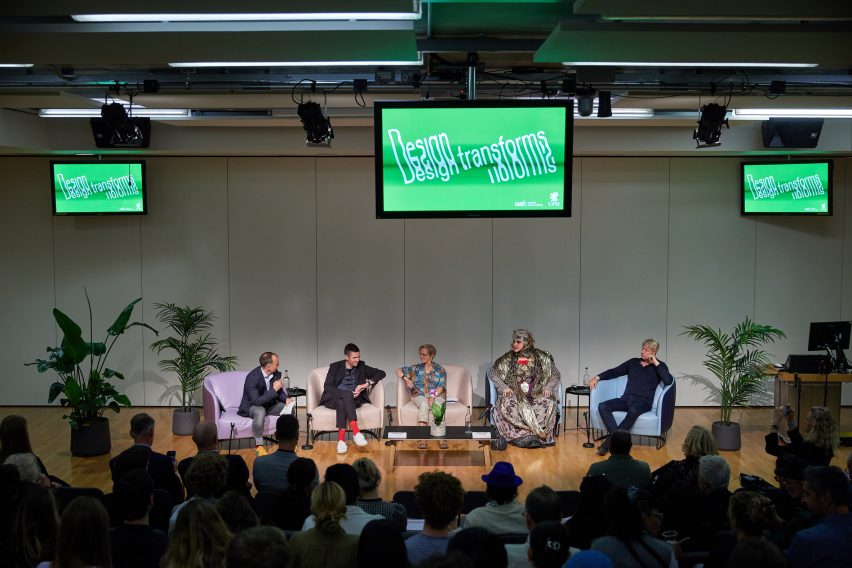
As well as, the consultants agreed that there’s an vital function for the media in serving to the general public to decipher real sustainability claims from greenwashing.
“As a species, we love a singular answer,” mentioned Fraser, bringing focus to the complexity of the difficulty. “Materially, we’re in search of the golden ticket, the fabric that may remedy the issue, corresponding to hemp, mycelium or wooden.”
“We have to return to neo-regionalism the place we’re working with supplies which are acceptable to the geography that we’re working in,” continued Fraser.
The brand new fossil-free components for the chemical business are comprised of FSC-certified waste wooden regionally and sustainably sourced. UPM’s Leuna biorefinery in Germany will go into full manufacturing in 2024, in keeping with the corporate.
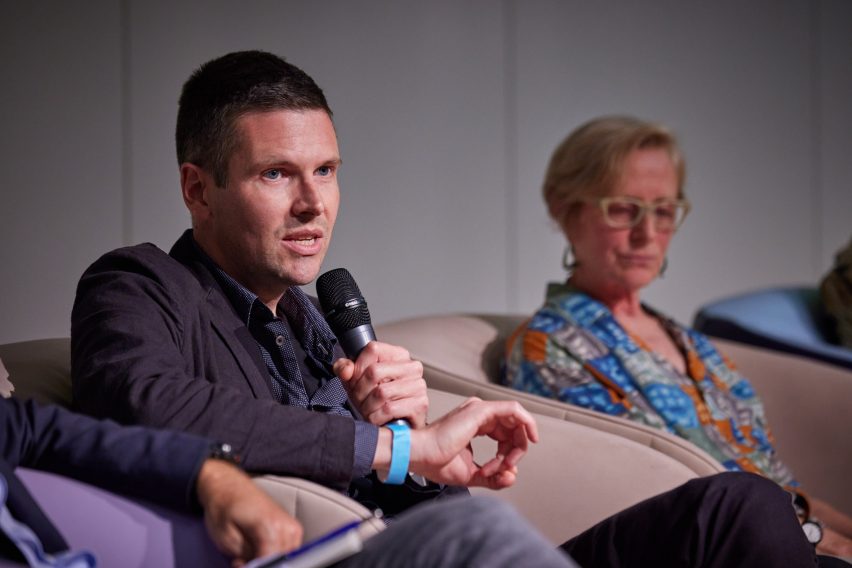
UPM is itself on a journey. It’s targeted on producing quite a lot of renewable fuels and chemical substances comprised of sustainable biomass and transferring its expertise of forestry and forest merchandise from conventional industries corresponding to pulp and paper manufacturing to new companies.
It would begin with bio-based monoethylene glycol – a vital ingredient in polyester – PET and polyurethane, which is at present comprised of fossil oil.
“Making a imaginative and prescient for the defossilisation of assorted industries is a process that goes past one firm – it is a collective effort, greatest pushed by ingenious minds and disruptive concepts. On this spirit, we partnered with UAL Central Saint Martins”, mentioned Ledwon.
Reviewed by a panel of judges, 50 pupil ideas have been whittled right down to eight shortlisted finalists that included a flatpack facet desk comprised of a single sheet of bioplastic materials, a mono-material and modular motorbike armour and a flexible and interchangeable snowboard binding.
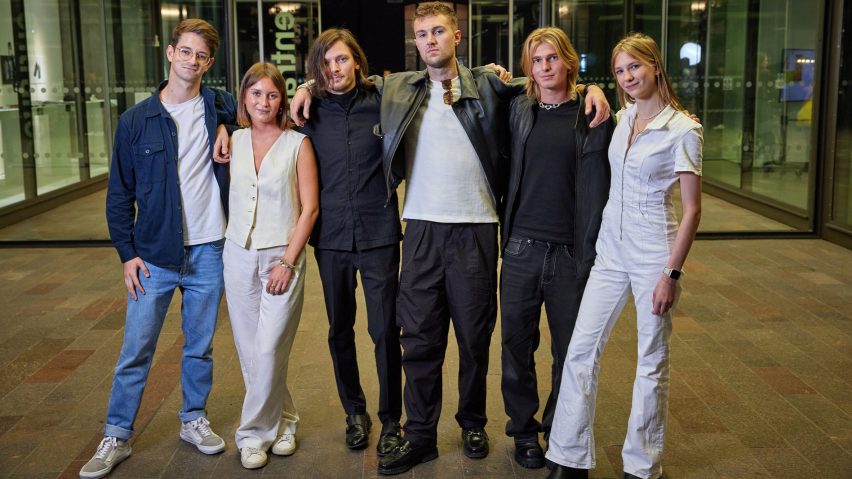
“By our partnership with UPM, we have now gained a useful alternative to interact with concrete and urgent wants in design for manufacturing,” mentioned Nick Rhodes, programme director of product ceramic and industrial design, at Central Saint Martins.
“This collaboration has challenged us to develop compelling propositions that not solely display however advocate for the pressing transition away from fossil fuels in manufacturing supplies.”
To seek out out extra about UPM and its collaboration with Central Saint Martins, go to its web site.
Partnership content material
[ad_2]
Source link



